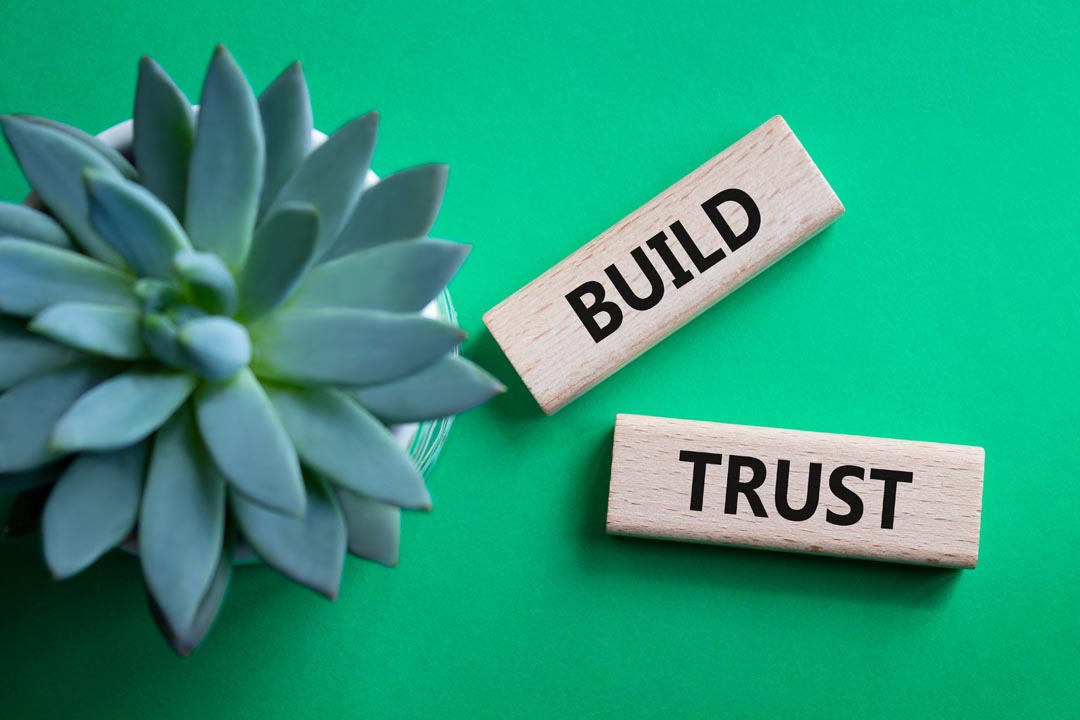Liggy Webb gives us a few tips for better decision making.
Decision making can be challenging at the best of times and it can be even more difficult when we feel stressed or under pressure. In a world where we may well find ourselves being over stimulated and bombarded with so much information and so many choices, a good set of decision-making skills can be very helpful.
I recall reading a quote many years ago by Gordon Graham that said, “Decision is a sharp knife that cuts clean and straight; indecision, a dull one that hacks and tears and leaves ragged edges behind it”. This description really stuck in my mind and if ever I get caught in the paralysis of indecision it helps me to get unstuck and tackle the decision I need to make!
Making better decisions can of course help us all to create positive outcomes and support us in avoiding making mistakes, feeling regretful, wasting time and energy or letting other people down.
So, here are five tips that will help you to be a better decision maker:
Understand your default bias
Whilst you are capable of behaving in a rational way, a great deal of the time you will be driven by emotional, spontaneous, and unconscious behaviour. This is because a greater percentage of what you do, you do habitually and on autopilot.
It can be helpful to accept that sometimes there is not a right choice or a perfect choice, just the best solution for now.
Once you get to the bottom of your irrationalities and you are able to explain why you behave the way you do, you become more predictable and consistent, this in turn can make you more rational. Being aware of your inner biases is the key prerequisite for overcoming them.
Create perspective
One way to gain a better perspective of a situation is to take some time to consider what is really going on. Very often you may feel that you are being pushed into making a decision. It is important to give yourself permission to slow down, step back and allocate some time to really think things through, without distraction so you can achieve a balanced viewpoint.
Weigh up your options
When you are considering a situation, it is a good idea to identify the cons and pros. It is also more constructive and positive to do it in this order so that you don’t establish all the pros and then sabotage them.
Whilst it is quite a basic exercise it will help you to take a risk assessment of a situation and will assist you in arriving at a better informed and well- considered decision. This will also increase your own conviction and confidence.
Do your homework
Sometimes you may not have enough information about a decision you are trying to make. Your ultimate decision may lack credibility if you don’t have all the facts, so it is well worth taking some time to do a bit of research and gather more information.
This may also involve another person and in some -situations, it can be really useful to seek another’s persons insight and viewpoint.
Avoid analysis paralysis
Whilst research is a valuable tool to make informed decisions, sometimes having too much information can lead to analysis paralysis. It can be helpful to accept that sometimes there is not a right choice or a perfect choice, just the best solution for now.
Also acknowledging that decisions are timely so there are some occasions where you have to just bite the bullet and make your mind up and take responsibility for the consequences. At the very worst you will create an opportunity to learn and grow, at the very best you will be able to give yourself a giant pat on the back for a decision well made!
About the author
Liggy Webb is a resilience and wellbeing expert and the founder of the Learning Architect.



